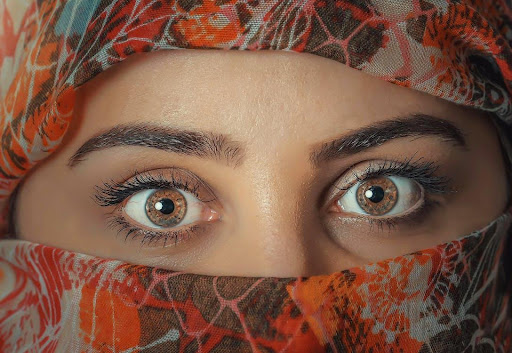LASIK eye surgery is a laser refractive surgery that is performed to correct problems with your vision. LASIK stands for laser-assisted in situ keratomileusis and can be an alternative to wearing glasses or putting contact lenses.
Before you decide whether this surgery is for you or not, you need to have a proper examination. Your doctor will tell you more about the procedure and what you can expect. You can find out the cost of LASIK and cataract surgery cost Sydney on the site, or you can talk to your local doctor instead.

What is LASIK?
LASIK is a type of eye surgery where lasers are used to fix vision problems caused by refractive errors, which are errors when your eye is not able to bend the light properly and thus distort your vision. This can cause blurry vision, farsightedness and nearsightedness. If you have a misshaped cornea it can cause a refractive error. The cornea is the top outmost layer of the eye
Why is it done?
LASIK surgery is a great option if you have these vision problems:
- Farsightedness or hyperopia – If your eyeball is shorter than it should be on average or the cornea is too flat, the light will be focused behind instead of on the retina. This will then make the near vision and sometimes even distant vision quite blurry.
- Nearsightedness or myopia – If your eyeball is a bit longer than normal or the cornea is curved too sharply, then the rays will be focusing in front of the retina thus blurring the distant vision. You will then be able to see objects that are close, but you will have issues with the ones far.
- Astigmatism – If the cornea flattens or curves unevenly, this can result in astigmatism. This disrupts the near and distant vision.
Are you considering LASIK? If so, you probably already wear contact lenses or glasses. Your doctor will talk to you about LASIK surgery or other options that will work for you instead. It is important to have a proper conversation with your doctor to learn more about the procedure and what you should know.
Are there any risks?
As with any other procedure, there will be some risks involved. Complications with LASIK can result in loss of vision, but those are very rare. There are some side effects that can cause dry eyes or temporary problems with the vision, such as glare, and those are a lot more common. But, these issues are known to clear up after a couple of weeks or months, so they are not considered as a long-term problem.
Risks can include:
- Dry eyes – LASIK surgery can cause temporary decrease in production of tears. Thus, this will cause your eyes to be dry and that can reduce the quality of your vision. But this issue is known to go away in a couple of weeks or months.
- Double vision, glare, and halos – after the surgery you might have a difficulty seeing at night, but that tends to last a couple of days or weeks. You can also notice an increase in sensitivity to light, halos, glare, and bright lights.
- Astigmatism – this can be caused if tissue removal was uneven. It can also require additional surgery, contact lenses, or glasses.
- Undercorrections – if the LASIK surgery does not remove enough tissue from the eyes, you will not get clearer vision that you are hoping for.
- Overcorrections – if the LASIK surgery removes too much tissue from the eye, it can cause issues and is a lot more difficult to fix than undercorrections.
- Regression – you could also experience regression, which is when your vision slowly goes back to your original vision, but this is not a common complication.
Some conditions actually increase the risks of complications. For example, autoimmune disorders, a weakened immune system, changes in vision due to medications, persistent dry eyes, cornea inflammation and others.

LASIK is also not advised if you have an eye disease that is causing your cornea to budge and thin, or if you have a history of this. If your vision is overall good, you have nearsightedness, or very large pupils and thin corneas, then LASIK might not be the best option for you. You can check out LASIK eye surgery Sydney cost or talk to your doctor about this.
Final word
LASIK surgery can do wonders for you, especially if you do not like wearing glasses or contacts. But just like every other procedure, there are some risks that you should consider before you decide to go through with the surgery. This is why it is important to talk to your doctor.
You may be interested in: 5 Tips To Ensure Good Eye Health

